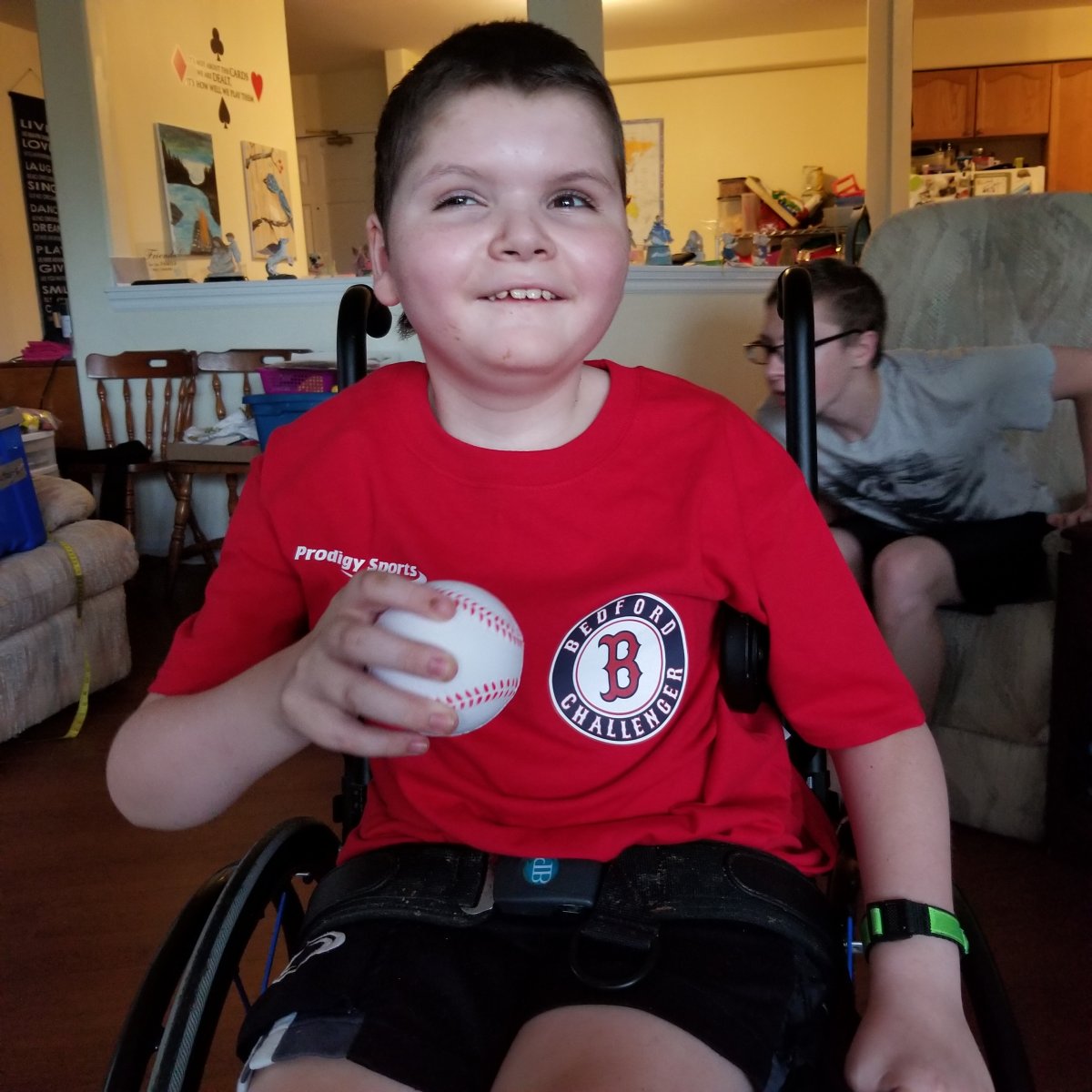Inclusive education specialists in some regional centres for education have taken on new tasks during the start of an unprecedented school year in Nova Scotia, raising the eyebrows of some parents and advocates in the province.

In the Annapolis Valley (AVRCE) and Halifax Regional (HRCE) centres for education, and Conseil scolaire acadien provincial (CSAP), some specialists — such as occupational therapists and speech-language pathologists — have temporarily assumed various classroom support roles in addition to their full-time work as specialists.
“Specialists continue to provide support to students, however we have temporarily expanded their mandate,” wrote CSAP communications co-ordinator Cathy Simon.
“A significant portion of the specialists are providing direct classroom support while maintaining their roles and responsibilities.”
The three RCEs say the specialists are providing critical supports to student learning, health and safety during the COVID-19 pandemic.
Kristen Loyst, communications officer for AVRCE, said the decision to “redeploy” certain student support staff is not impacting the quality or quantity of service provided to students. Additional tasks they may be performing, she added, include greeting students, helping them find classrooms, familiarizing them with new sanitizing protocols and helping them take masks on and off.
“We know that the return to school can be a time when many students need extra support and reassurance as they adapt to new settings, people, routines and expectations,” she explained.
“Having specialists deployed to schools during this exceptional back-to-school period meant that a broad range of students received inclusive, responsive support to help start their year on a positive note.”

But some parents have taken to social media, expressing concern about their children’s lack of early access to a specialist, or the fact that some specialists are performing additional task work.
Lisa O’Driscoll, whose 13-year-old son Martin has autism, usually has weekly sessions with a speech-language pathologist (SLP) and occasional support from an autism specialist.
She said it’s normal for specialists to spend the first few weeks of school doing assessments, getting to know students and planning supports, but this year, she hasn’t been given an indication of when one-on-one sessions will start.
“I just checked in with the learning centre this week to ask when Martin would see the SLP and she said she wasn’t sure, there wasn’t a plan yet for specialists,” she told Global News. “I think the government was aware of special needs requirements through the whole spring and summer, and I think they’ve had a lot of time to plan for how to help these vulnerable students.”
“They’re the ones who benefit the most from specialists and it seems wrong to me that the specialists are not being necessarily used to their best advantage right now.”

Doug Hadley, spokesperson for HRCE, said school plans include “all available adults” assisting in the back-to-school transition right now, and that the health of staff and students depends on everyone “sharing that responsibility,” regardless of their job title.
Speech-language pathologists and school psychologists, he added, have been “assigned to work in their home school location for a short period of time,” assuming their regular responsibilities and more.
“This is not unlike any other year in that the identification of student needs is the foundation for high quality instruction, and interventions like the Reading Recovery. Students need to be comfortable before a formal assessment can be considered valid,” he wrote.
“As teachers develop a greater understanding of the needs of all students in their classes, additional supports, like Reading Recovery, will be implemented as they are every year.”

Brenda Short, whose 13-year-old son Logan has a rare genetic developmental disorder, said she’s pleased with the service her family has received despite the pandemic. She got a phone call from Logan’s specialists the week before school opened to obtain consent to work with him, and he was seen by support staff on the first day.
“They sent me an update and said, ‘This is what we’re working on, this is what we saw at the appointment, here’s what we’re going to do,'” she said.
Short is still unsure when Logan will be able to see his SLP or augmentative communication specialist, but said it’s important for parents to cut the system some slack.
“These guys do the best they can under the circumstances, and no it’s not perfect, we live in an imperfect world, but credit where credit is due.”
Paul Wozney, president of the Nova Scotia Teachers Union, said he’ll be watching the situation closely. He’s aware some inclusive education specialists have taken on extra responsibilities, but told Global News he’s been informed that most will resume tasks related exclusively to their work as specialists by next week at the latest.
“If that’s not the case, I think parents need to ask their students and they need to start pressing their regional centres for education and the minister about directives for when that’s going to resume, because again, this is a promise that’s been made,” he said.
“It certainly hasn’t been widely communicated to parents, and that lack of transparency is going to raise major flags in the inclusive education community, particularly for families that rely on these supports.”
- ‘Shock and disbelief’ after Manitoba school trustee’s Indigenous comments
- Canadian man dies during Texas Ironman event. His widow wants answers as to why
- Several baby products have been recalled by Health Canada. Here’s the list
- ‘Sciatica was gone’: hospital performs robot-assisted spinal surgery in Canadian first





Comments